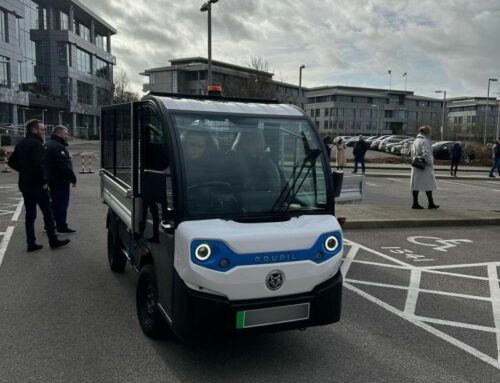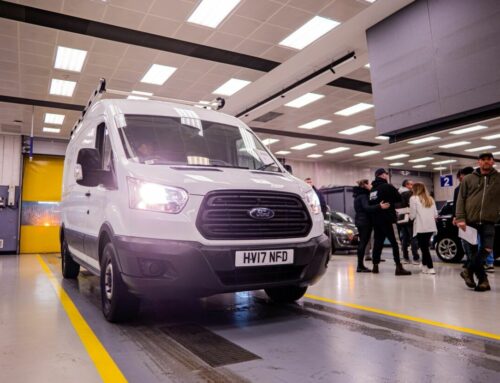YOU’VE had the bright idea, written the business plan, and sorted out the finances. Your new business is ready to go.
All you need now is the van. Only problem is that your money won’t stretch to a new one so you have to go for a used model.
That’s probably a familiar story to a lot of small business owners, and as far as problems go it’s not a bad one to have.
There are plenty of examples of used vans with decent mileage, good service histories, and enough variety for any small business to find the right one. A lot of them aren’t that old either. There’s also the added bonus of actually owning a physical asset that has a value to the business.
In practical terms the only difference between the used van and the new one is the safety net of a manufacturer’s warranty should anything go wrong. That is more of a problem because if your van is out of business then so are you.
According to warranty provider Warranty Direct they see hundreds of claims each month for issues and faults across a wide range of manufacturers. Some of them are relatively mundane things like suspension bushes wearing out, electronic sensors failing, or brake calliper wear. Others are more serious and involve complete engine rebuilds, even brand new engines being required.
All of those cases mean the inconvenience of a vehicle being off the road, some also involved significant sums of money changing hands. In one case a VW Transporter with just 95k miles on the clock required a new high pressure diesel pump. The final bill came to just over £7,000. A Renault Trafic needed a cylinder head repair after 76k miles at a cost of nearly £3,000. For a small business to lose a van for a few days is bad enough with the consequent loss of earnings, but a bill of that size could make the difference between success and failure.
We’re not saying that you should steer clear of used vans because they’re unreliable and expensive to repair. That’s clearly not the case. Most repairs are relatively easy to fix and the average bill won’t have that many noughts on the end.
But there are ways to ensure you don’t get caught out should something serious break.
Get peace of mind with a warranty – and not an expensive bill
If you rely on your van make sure it has a decent warranty that covers you for major repairs and general wear and tear. A good policy will cover the core elements of the van – engine, gearbox, electrics, fuel system, cooling, and so on – and should also offer you the option for extra cover on things like emissions components and media equipment. It won’t cover consumable items like belts but make sure you’re covered if a failure of one of them should cause more damage to parts that are included in the warranty.
A warranty won’t magically get your van back on the road instantly but it will protect you from massive bills, and if you choose to use your warranty provider’s network of approved garages it could speed the process up, as well as reducing the paperwork.
Even if you use your own garage the worst that will happen is that you have to pay the bill and claim the money back. In Warranty Direct’s case this takes on average around three or four days after a claim is received before a cheque is issued.*
Have you thought about taking out Gap insurance?
The only other thing you need to consider before buying your used van is Gap insurance. Obviously you have every intention of insuring your van before your drive it on the public road, Gap insurance just makes sure your asset is protected as much as possible.
If the worst happens and you’re involved in an accident, or your van is stolen, your insurance will pay out the market value. Problem with that is that if you’ve had it for a while the current market value may be less than the value you paid in the first place. That’s not an issue if you want to replace a seven year old van with another seven year old van, but if you originally bought a five year old van you’ve just lost money.
Gap insurance does exactly what it says on the tin – it fills that gap between the current value and the purchase price and ensures you’re never out of pocket. There are a few different options depending on the age and mileage of the van and whether you bought it privately or through a dealer, but they all do the same job.
In business terms a van warranty and Gap insurance are relatively inexpensive compared to time off the road and repair bills if you aren’t covered. Prices will vary but if you shop around you’ll find the right deal for you. Unlike regular insurance they aren’t a legal requirement, but they’re worth factoring in to your running costs when pricing up your new van.
Like any insurance, when you really need it you’ll be glad you’ve got it.
*Based on Warranty Direct claims data Jan 2018 – May 2018.







Leave A Comment